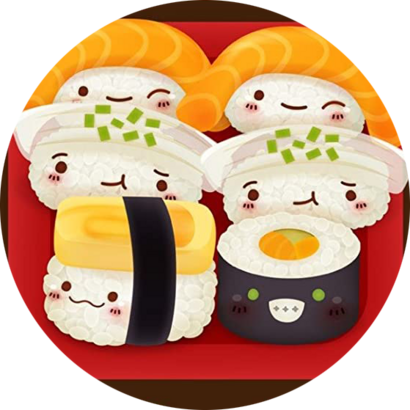Marketed as a Goop-style wellness operation, OneTaste was a San Francisco start-up that traded in sex instead of data management. Offering pricey talks, seminars, and courses, the company promised its members enlightenment through its orgasmic meditation. At its height, the organization was worth millions and had offices in nine cities, including London and New York, and a staff of more than 150. Now it’s the subject of an F.B.I. inquiry into allegations of sex trafficking, prostitution, and labor-law violations. Chronicling this bizarre story is a new 10-part BBC Radio 4 podcast called The Orgasm Cult, hosted by British journalist Nastaran Tavakoli-Far. Comprising interviews with former employees, OneTaste members, and industry experts, the series pieces together how Nicole Daedone, the charismatic co-founder, rebranded orgasms as self-care for the empowered woman, and may have led her followers into five-figure debts and sexual subjugation. (bbc.co.uk) —Bridget Arsenault

Watch
The Salisbury Poisonings
“Putin’s going to get me” is what Sergei Skripal, an M.I.6 double agent, is reported to have said a few days before he and his daughter, Yulia, were poisoned with a Novichok nerve agent. He was right—it’s a Russian payback story we’re all familiar with, having taken place less than two years ago in quiet Salisbury, England. What is less known, and made arrestingly clear in this four-part drama series based on firsthand accounts and intermingled with real footage of the world reacting to the events, is the true scope of the crisis Salisbury faced. When the Skripals were found keeled over in a park, no one knew what they’d been poisoned with or how to locate its source. Discovering it was Novichok didn’t help: it’s one of the deadliest substances on earth, and if left untouched, it can remain active for 50 years. It’s comforting to watch this show in the middle of a pandemic, not only because we now know what a quarantine entails but because we can relate to the small city’s ignorance in the face of unfamiliar danger. And in case anyone needed one, it’s a reminder that we have it bad, but the Russians have it worse. (Amazon Prime) —Julia Vitale

Drink
Emma Bridgewater
At the beach some years ago, an 80-something-year-old man next to me peered through his binoculars and muttered, “Just another L.B.J., that one is.” What on earth does that mean?, I wondered. President Johnson? I learned it meant “little brown job,” a term used by birders to refer to any number of small, nut-colored birds that are difficult to identify. If you’re like me, many birds are in this category, but I still want to know who just flitted by. Detailed bird mugs from Emma Bridgewater—known for her classic English-pottery designs, inspired by her mother’s North Oxford kitchen—have been a good start to my schooling. With delicate portraits of teals, pheasants, nuthatches, thrushes, and more, the mugs are a pleasing companion to my morning brew. And they’re labeled by species. ($35, emmabridgewater.com) —Ian Stevenson

Play
Sushi Go
Don’t tell my nephews, but I don’t actually love Go Fish or Candyland. In fact, after enough rounds of Life, I’m about ready to end my own. So when they first invited me to join them for a Sushi Go match, my expectations were low. But I got totally into this new pick-and-pass card game, which is easy to learn, fast-paced, and just complicated enough to be entertaining for adults and challenging, though not too hard, for kids. I imagine a lot of people will be stuck indoors with several generations of family members this winter: to pass the time, Sushi Go is a surprisingly fun solution. (amazon.com) —Clementine Ford

